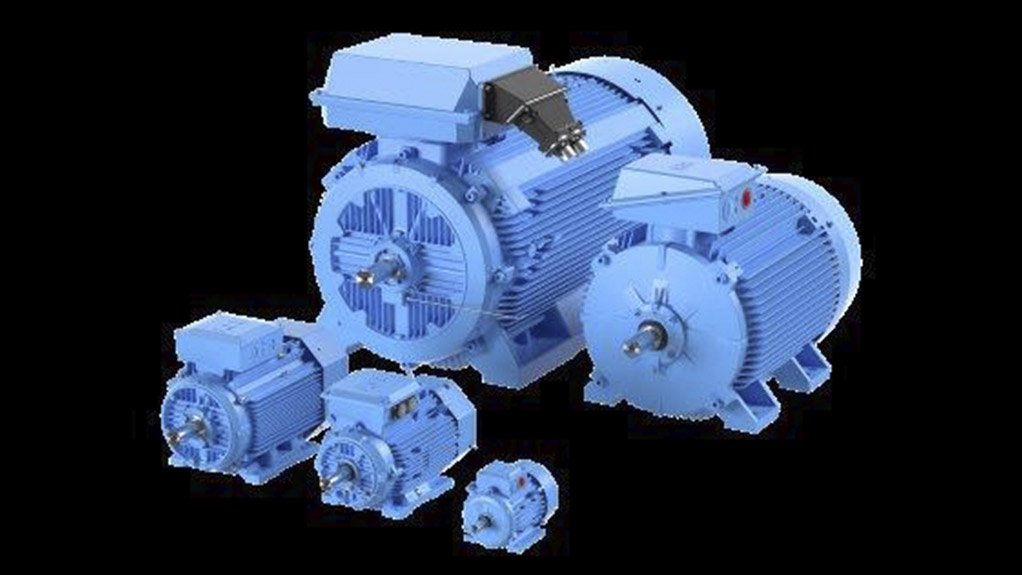
+27 11 899 0000
Lancaster Commercial Park, 12 Merlin Rose Drive (cnr. Lancaster Ivy), Parkhaven Ext.5, Boksburg, 1459
BI says port, rail upgrades essential for SA to remain the import and export hub for Africa
Leading supplier Bearings International (BI) has welcomed the assertion by President Cyril Ramaphosa in his State of the Nation address on 10 February that the economy cannot grow without efficient ports and railways. “The functioning of our ports has declined relative to ports in other parts of the world and on the African continent. This constrains economic activity.”
“Upgrading our ports is long overdue,” says BI Business Development Leader Fred Aslett. “Our ports are something to be proud of as South Africa is known as the hub of Africa. Nowadays there is little faith in the ports that South Africa has to offer for imports and exports. An upgrade is therefore not only necessary but essential.”
Offloading and loading cranes need to be refurbished to be able to deal with larger ships for a quicker turnaround which, in turn, necessitates upgrading the storage facilities and ancillary infrastructure.
“Exports from South Africa have seen a decline as our broken infrastructure has forced the rest of Africa to look elsewhere. Many companies in Africa that once relied on South Africa have now switched to other global supply networks,” says Aslett. He warns that South Africa could soon find itself cut off from the rest of the continent.
Transnet is addressing these challenges and is currently focused on improving operational efficiencies at the ports by procuring additional equipment and implementing new systems to reduce congestion. Transnet has also developed partnerships with the private sector to address cable theft and vandalism on the freight rail network. This collaborative effort is already showing results in reduced disruptions to rail operations.
According to Ramaphosa, the government is prioritising infrastructure projects in energy, roads, and water to support economic growth and improve quality of life for its citizens. In this regard, the Infrastructure Fund has received a R100 billion allocation from the fiscus over the next decade. It is now collaborating with State entities to prepare a pipeline of projects with an investment value of about R96 billion.
Several catalytic projects to the value of R21 billion are expected to start construction this year. Of this, R2.6 billion has been contributed by the government and the balance from the private sector and developmental finance institutions. The government will make an initial investment of R1.8 billion in bulk infrastructure, which will unlock seven private sector projects worth R133 billion. For millions of South Africans in rural areas, roads and bridges provide access to markets, employment opportunities and social services.




